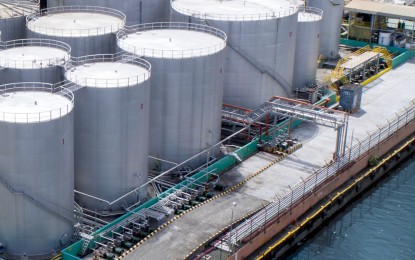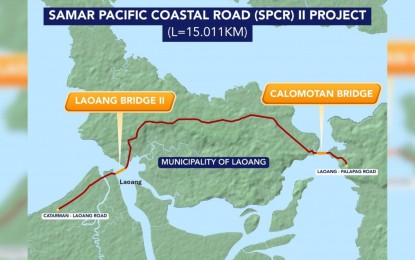A plan to build a second coconut-diesel plant remains on the table and will push through once the government lifts the suspension on the increase in biodiesel blends.
This came from Chemrez Technology Inc. (CTI), a subsidiary of D&L Industries, which has a bio-diesel plant in Batangas, currently the largest manufacturer of biodiesel in the domestic market.
“I would say it’s probably a matter of when, not if. Meaning, there’s a high probability we will make a second plant. But, in terms of when, how big, and how much we’ll spend, we still do not have that information since we are still in the planning stage,” D&L Industries Inc. president and chief executive officer Alvin Lao said in a recent statement.
“We believe, for many reasons, it makes sense for us to consider a second plant even if the increase in the mandated blend has been postponed.”
The National Biofuels Board announced last July the suspension of the increase in the 4 percent (B4) and 5 percent (B5) biodiesel blends, supposedly for implementation by Oct. 1, 2025, and Oct. 1, 2026, respectively.
The decision, it said, was made “in view of the anticipated significant impact on pump prices and the potential inflationary effects on the national economy” as coconut oil prices remain high due to supply challenges faced by coconut farmers.
D&L has expressed optimism on the long-term outlook of the country’s biodiesel sector, due to its benefits to the economy, environment, and consumers.
The Biofuels Act of 2006 mandates that all liquid fuels for motors and engines sold in the Philippines be blended with biofuels. The current ethanol blend for gasoline has remained at 10% since 2012, while the CME blending last increased to 2% in 2007.
Based on the recommendations by the Biofuels Board, the Department of Energy released guidelines for adopting a higher biofuels blend. This move aims to decrease dependence on imported fuels, reduce greenhouse gas emissions, and bolster the local biodiesel and bioethanol sectors, according to a DOE statement. The DOE chairs the NBB with seven other agencies as members, including the Philippine Coconut Authority.
Under the new guidelines outlined in Department Circular No. 2024-05-0014, downstream oil industry participants are required to implement a 3% coco methyl ester (CME) blend in all diesel fuel sold nationwide, beginning 01 October 2024. This percentage will gradually increase to 4% by October 2025, and further to 5% by October 2026.
The increase in the CME blend is expected to create additional market for coconut farmers, biodiesel producers, and other stakeholders in the coconut industry, with around 900 million additional nuts as feedstocks to produce around 100-120 million liters of additional CME requirements to satisfy a 1% mandatory increase in CME blend.
The Philippines’ biofuels production reached a record high of 9.95 thousand barrels per day in 2022, an increase from 9.52 thousand barrels per day in 2021. In comparison, the world average is 41.32 thousand barrels per day, based on data from 68 countries. (PNA/MBI)





